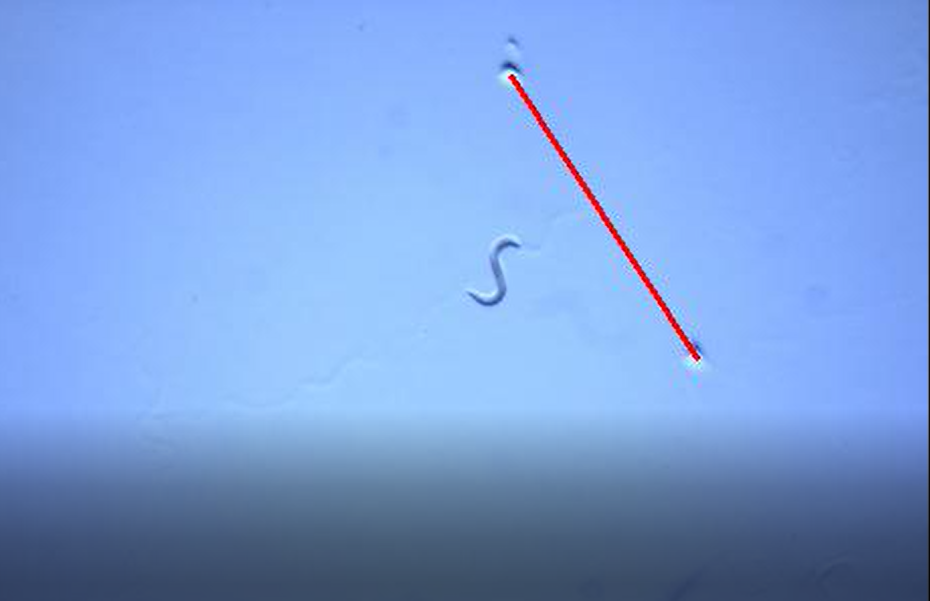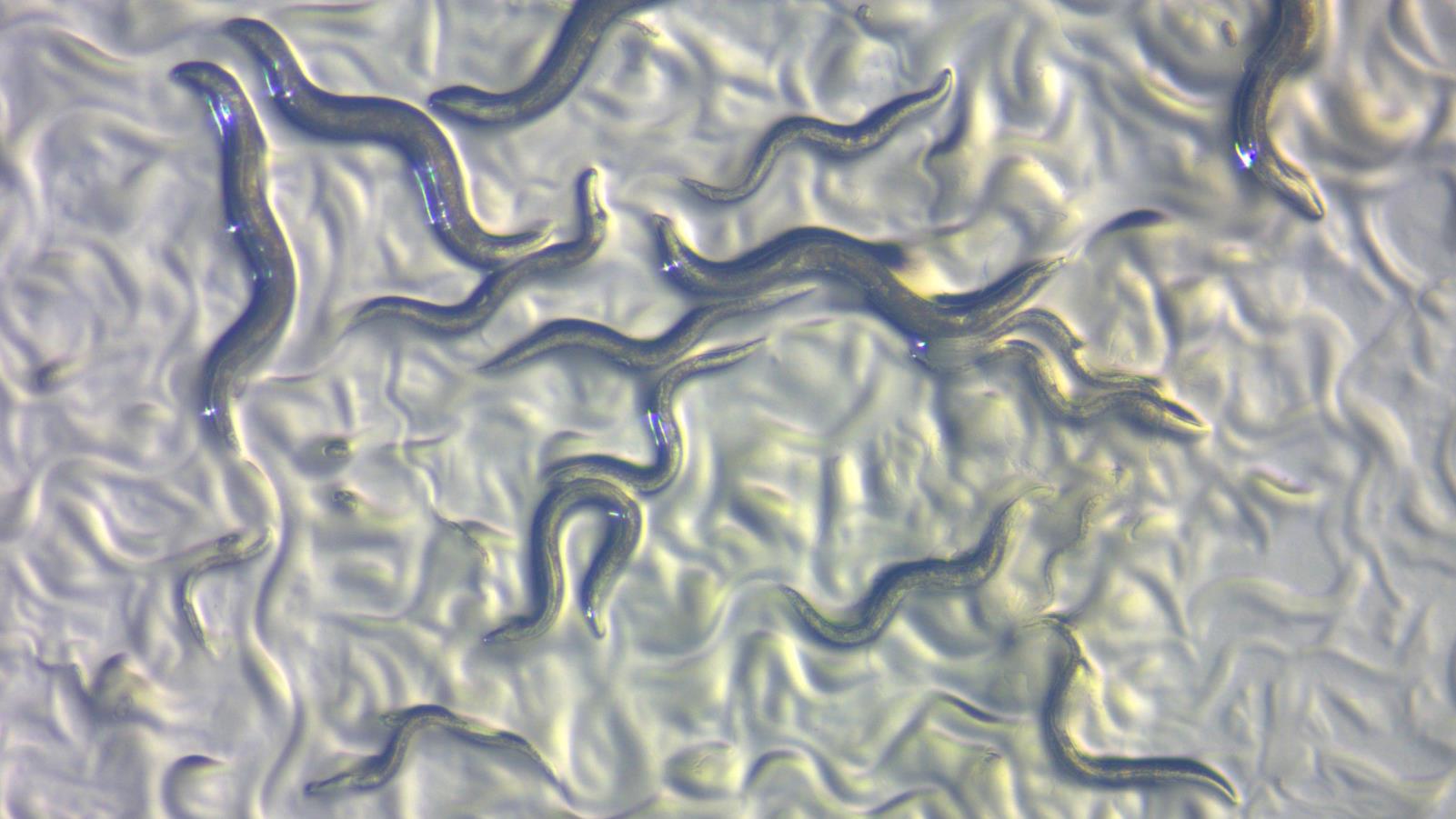Remember playing (ahem, torturing) worms as a kid? Did they squirm away from you? Turns out that they might have had a pretty good idea of what was coming.
New research from the Hebrew University in Jerusalem reveals that even basic animal life forms can learn from past experiences and develop PTSD-like behavior from traumatic ones – a finding that could aid in alleviating human PTSD.
In a just-published study in Current Biology, researchers Alon Zaslaver and Yifat Eliezer used C. elegans worms to pinpoint the neurons that store memories and the physiological changes that the worms undergo when they retrieve memories to cope with future hardships.
To do so, they conducted an experiment not unlike the one carried out by Russian physiologist Ivan Pavlov, who noticed back at the beginning of the 20th century that his dogs began drooling at the mere sound of the bell announcing their supper.
“We trained the worms to form associative memories,” Zaslaver explained. “However, instead of feeding the worms we starved them for a day, and instead of ringing a bell, we sprayed a scent that the worms like. We hoped that by linking this odor with hunger, the worms would learn that from now on this pleasant odor signals a distressed situation.”

A day later, the scientists fed the worms well and sprayed the odor once again. The worms quickly entered a defensive mode and turned on their stress-protective genes.
“When we again subjected the worms to starvation, they were better able to survive the hardship than before their associative-learning training. In a way their PTSD had helped them,” Zaslaver said.

He explained that researchers like studying the C. elegans worm because it contains only 302 neuron cells.
“It was wonderful to pinpoint the exact neurons that hold associative memories. It’s very rare that you can look at a neuron and say ‘Here, here is the memory!’” Zaslaver said.
With the help of neuro-genetic techniques, the researchers located these neurons and then genetically engineered new worms whose “fight or flight” neurons could be activated simply by shining a light on them. When the researchers activated the neurons where the starvation memories lived, the worms immediately moved into stress mode.
This is not unlike the human post-traumatic stress disorder that people can develop after experiencing traumatic events. Here too, the slightest exposure to a similar scene or a relevant scent can bring back upsetting memories that may trigger anxiety attacks and serious stress disorders.
Zaslaver and his team are now using their better understanding of the molecular changes that take place within individual memory neurons and the responses they provoke to try and alleviate — and even possibly cure — PTSD triggers such as odor.














